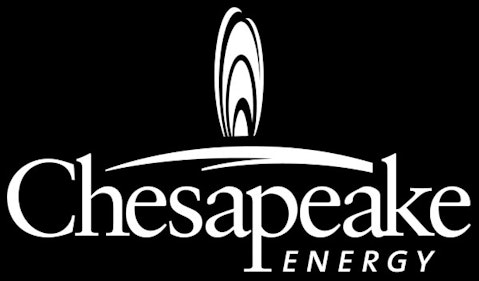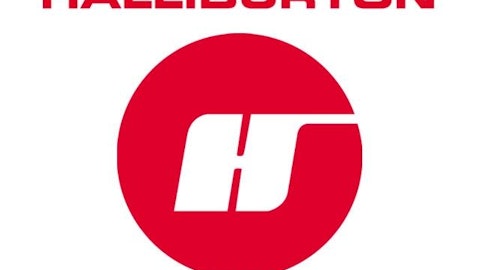It’s highly unusual for a company’s periodic earnings to mean relatively little, while indications of its future direction and forward strategy are eagerly awaited by its shareholders, analysts, and the media. I’m referring specifically to Chesapeake Energy Corporation (NYSE:CHK)’s status going into its Thursday reporting session.
As you would know if you check in on the energy sector even occasionally, co-founder and former CEO Aubrey McClendon announced nearly a month ago that, following a disastrous year for his company and its shareholders, he’d vamoose with the arrival of April. As such, Thursday will be the final time that he’ll play any sort of role on Chesapeake’s post-release call. However, his preparations to ride off into the sunset — after all, the company is based in Oklahoma — clearly mean less in the overall scheme of things than will indications about where Chesapeake may be headed from those who now sit atop its hierarchy.

McClendon formed a solid company from scratch at Chesapeake, along with his onetime partner Tom Ward, now the CEO of SandRidge Energy Inc. (NYSE:SD), another Oklahoma City-based independent producer. But things started to change when natural gas prices began a steady downward spiral from about $12 five years ago to their current level near $3.30 per thousand cubic feet.
Prior to that plummet, Chesapeake had spent a king’s ransom becoming a major leaseholder in many of the key U.S. shale plays, including the prolific Eagle Ford, where, in a partnership with China’s CNOOC Limited (ADR) (NYSE:CEO), it’s still the second-largest acreage holder, topped only by EOG Resources, Inc. (NYSE:EOG), a successful oil-centric producer. At the same time, McClendon’s company was an early and sizable entrant into the Barnett, Haynesville, Marcellus, and Utica shales, among others. Today, it remains the second-largest domestic gas producer to Exxon Mobil Corporation (NYSE:XOM).
Behind McClendon’s departure
The downfall leading to McClendon’s imminent departure was clearly precipitated primarily by an avarice that frequently seemed designed to fatten his own wallet ahead of those of his shareholders. Tangible examples included an unheard of Founders Well Participation Program that allowed him to participate personally to the tune of 2 1/2% in all Chesapeake wells drilled in a given year. He was also able to avail himself of billion-dollar nonrecourse loans — using the well participations as collateral — from a firm that was simultaneously arranging financing for the company.
The granting of a $75 billion bonus by his compliant board on the heels of a 2008 forced sale (margin calls, you see) of virtually all of his once-$2.2 billion position in the company had at least a pungent odor about it. But maybe even that was outdone by his sale for $12 million of his antique map collection to Chesapeake.
Perhaps not surprisingly, all this was essentially brushed aside in a report relating to a board-led investigation of McClendon’s actions at the company that was released Wednesday. In fact, the report said that the review didn’t come up with “any improper benefit to Mr. McClendon or increased cost to the company (from his financial relationships).” Almost certainly the board’s objective was to thwart further black marks from being added to Chesapeake, such that the company could be moved in a positive new direction.
This, however, isn’t the same board that turned a blind eye to the CEO’s excesses. Indeed, the key to the company today is that, when its stock price plummeted last year in the face of a near glut of North American natural gas, along with an increasing recognition of McClendon’s shenanigans, Carl Icahn began to accumulate shares.




